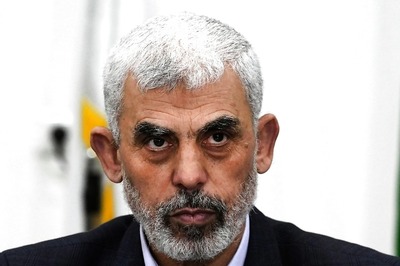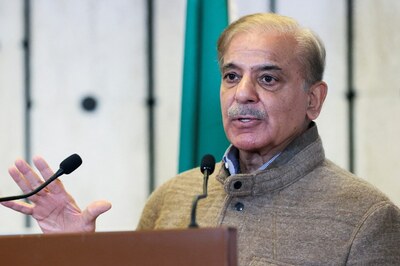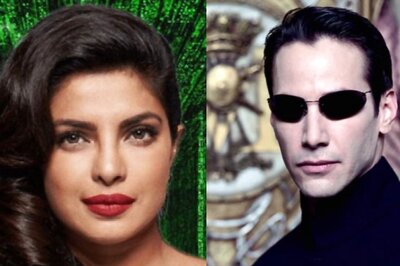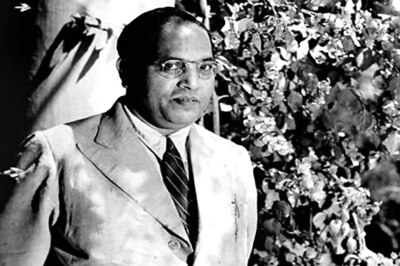
views
New Delhi: In a path-breaking judgement, the Supreme Court on Monday allowed "passive euthanasia" of withdrawing life support to patients in permanently vegetative state(PVS) but rejected outright active euthanasia of ending life through administration of lethal substances.
Refusing mercy killing of Aruna Shanbaug, lying in a vegetative state for 37 years in a Mumbai hospital, a two-judge bench of justices Markandeya Katju and Gyan Sudha Mishra, laid a set of tough guidelines under which passive euthanasia can be legalised through high court monitored mechanism.
The apex court while framing the guidelines for passive euthanasia asserted that it would now become the law of the land until Parliament enacts a suitable legislation to deal with the issue.
The bench also asked Parliament to delete Section 309 IPC (attempt to suicide) as it has become "anachronistic though it has become Constitutionally valid."
"A person attempts suicide in a depression, and hence he needs help, rather than punishment," Justice Katju writing the judgement said.
The apex court said though there is no statutory provision for withdrawing life support system from a person in permanently vegetative state, it was of the view that "passive euthanasia" could be permissible in certain cases for which it laid down guidelines and cast the responsibility on high courts to take decisions on pleas for mercy killings.
"We agree with senior counsel TR Andhyarujina (who assisted the court in the matter) that passive euthanasia should be permitted in our country in certain situations, and we disagree with Attorney General (GE Vahanvati) that it should never be permitted," said the bench.
While dismissing writer Pinky Virani's plea for subjecting to mercy killing of the KEM Hospital nurse who was sexually assaulted by a ward boy, the apex court cast the responsibility of taking a call on passive euthanasia on high courts, if the plea is made by close relatives or friends who have strongly opposed such a step.
The bench, in its 141-page ruling, said in the case of Aruna, the plea for her mercy killing could be permitted if the Mumbai King Edward Hospital makes it to the Bombay High Court on her behalf and the high court accepts it.
"A decision has to be taken to discontinue life support either by the parents or the spouse or other close relatives, or in the absence of any of them, such a decision can be taken even by a person or a body of persons acting as a next friend," it added.
"It can also be taken by the doctors attending the patient. However, the decision should be taken bona fide in the best interest of the patient," and should be approved by the high court, it said.
In the case of nurse Aruna "it is for the KEM hospital staff to take that decision," and not writer Pinky Virani, the bench said , adding that "the hospital staff have been amazingly caring for her day and night for so many long years, who really are her next friends, and not Ms Pinky Virani."
"Hence it is for the KEM hospital staff to take that decision. And the KEM hospital staff have clearly expressed their wish that Aruna Shanbaug should be allowed to live," the bench said, rejecting the plea for Aruna's mercy killing at present.


















Comments
0 comment